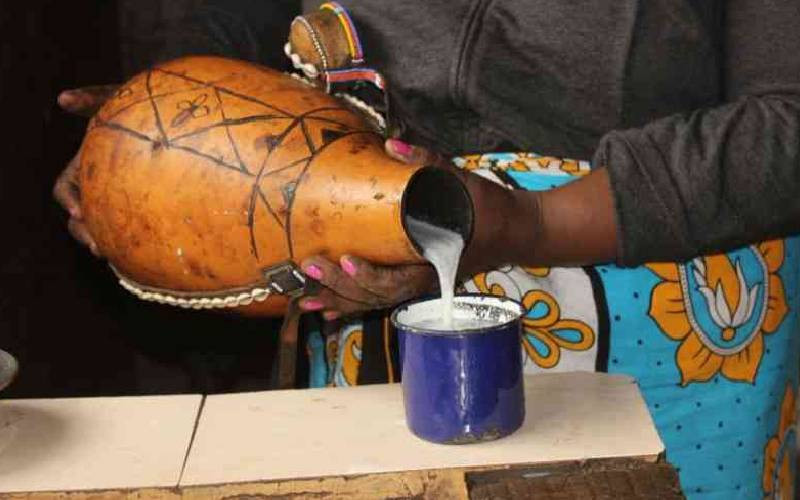
Many Kenyans are not aware that there is a vaccine for flu that offers protection for a year.
Weather patterns, affected by climate change in Kenya and other parts of the world, come with severe infections from communicable diseases.
The short rains that have been predicted for November often come with flu, pneumonia, cholera, and typhoid, which are both air and water-borne diseases.
Areas likely to suffer flu due to the short rains and attendant cold weather include Nairobi, Central Kenya, and highland areas of the Rift Valley and western Kenya.
The medics are therefore calling for control mechanisms including vaccinations/immunization.
Dr Mohan Lumba, a paediatrician, and medical consultant says "the changing weather will result in cases of respiratory diseases like asthma, pneumonia, flu, and common cold which are expected to be on the rise due to coldness."
Cold weather also causes sore throats, coughs, aches, pains, tiredness, and headaches.
"So, if you wake up sneezing, coughing, feeling all achy, feverish and like you cannot move a muscle, you may have caught a common cold and even worse, it could be the flu," explains Dr Evans Amukoye, a respiratory disease researcher at Kenya Medical Research Institute (KEMRI).
- How fake yellow fever cards pose threat to public health
- Measles, typhoid outbreaks spur vaccination drive
- Kenya to vaccinate children against typhoid and measles-rubella
- Kenya to benefit from Sh 58.5 billion global polio eradication boost
Keep Reading
Dr Amukoye notes that most people confuse flu with common cold, yet the two are different since common cold is a milder respiratory illness.
While common cold symptoms can make one feel bad for a few days, flu can stay for weeks and if not prevented through vaccination and can lead to serious conditions like pneumonia.
A 2019 study on flu at the Department of Medical Physiology, University of Nairobi, which was published in the Pan Africa Medical Journal in 2020, revealed a close link with pneumonia-which affected mostly children aged below five and the elderly aged 65 years and above.
Dr Lumba lists other risk groups as healthcare workers, refugees in camps, prisoners, and residents of informal settlements.
The World Health Organisation (WHO) thus recommends vaccination as the best option against flu.
 The Standard Group Plc is a multi-media organization with investments in media
platforms spanning newspaper print
operations, television, radio broadcasting, digital and online services. The
Standard Group is recognized as a
leading multi-media house in Kenya with a key influence in matters of national
and international interest.
The Standard Group Plc is a multi-media organization with investments in media
platforms spanning newspaper print
operations, television, radio broadcasting, digital and online services. The
Standard Group is recognized as a
leading multi-media house in Kenya with a key influence in matters of national
and international interest.











